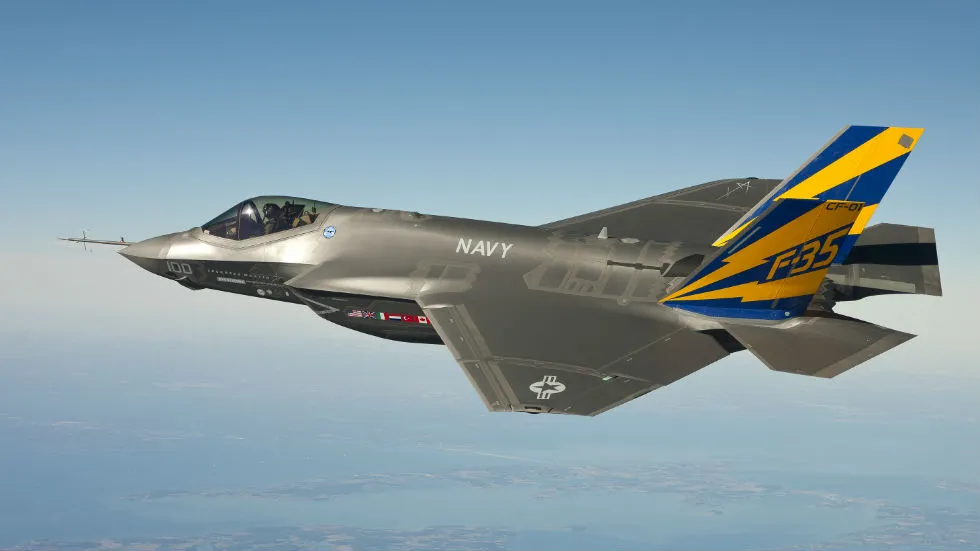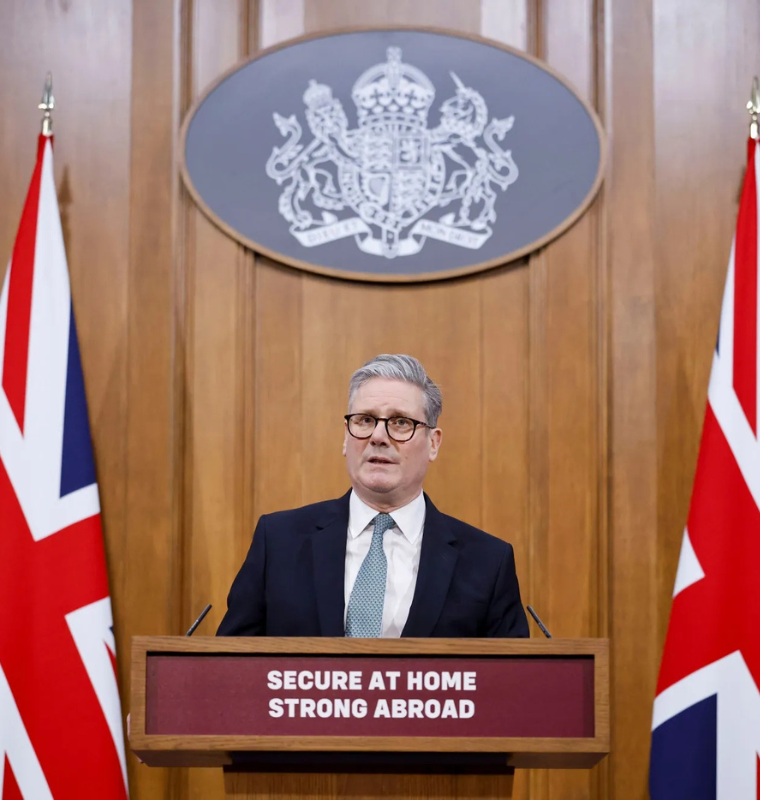Trump Administration Eyes Stakes in Top Defense Contractors Like Lockheed Martin
Trump Administration Eyes Stakes in Top Defense Contractors Like Lockheed Martin
By
Leah Rosenfeld
Last updated:
August 27, 2025
First Published:
August 27, 2025

Photo: The Hill
Top officials in the Trump administration are reportedly considering whether the U.S. government should acquire equity stakes in leading defense contractors, including Lockheed Martin, according to Commerce Secretary Howard Lutnick. His comments came just days after the government purchased a 10% stake in Intel for approximately $9 billion, signaling a potential shift toward more direct government involvement in critical industries.
Defense Contractors Under Consideration
Lutnick described Lockheed Martin, which generates the majority of its revenue from federal contracts, as “basically an arm of the U.S. government.” He emphasized that discussions are ongoing within the Pentagon, with senior military officials evaluating the economic and strategic implications of taking ownership stakes in companies that supply weapons, aircraft, and other defense technology.
Lockheed Martin is the world’s largest defense company by revenue, followed by top U.S. contractors such as RTX, Northrop Grumman, General Dynamics, and Boeing. These firms collectively account for tens of billions in annual federal contracts and are integral to the nation’s defense infrastructure.
Strategic and Economic Implications
Lutnick suggested that President Trump is reconsidering how the U.S. finances munitions and other military capabilities, remarking that prior approaches have functioned as “giveaways.” The administration appears to be weighing whether equity ownership could enhance government control, streamline procurement, and secure long-term access to critical defense technologies.
A Lockheed spokesperson reaffirmed the company’s ongoing collaboration with the administration, noting its commitment to strengthening national defense. The Pentagon has not commented on the potential strategy.
Context: Intel Investment
The recent purchase of a 10% stake in Intel is part of Trump’s broader economic agenda, aimed at boosting domestic semiconductor production while asserting more government influence in strategic sectors. The Intel move has sparked debate over potential risks, with critics warning that political considerations could begin to influence corporate decisions, potentially undermining free-market principles.
Economists and policymakers have raised concerns about the precedent of government ownership in private companies. Libertarian analyst Scott Lincicome noted that such stakes may shift business decisions from commercial to political priorities, while Sen. Rand Paul questioned whether this approach edges the U.S. toward socialism.
Potential Market Impact
If the government moves forward with equity investments in defense contractors, it could affect stock performance, investor sentiment, and corporate governance across the sector. Analysts note that while some investors might view government stakes as a guarantee of ongoing contracts, others may worry about increased political interference and operational constraints.
As the Trump administration continues to explore ways to expand government influence over strategic industries, defense contractors and markets alike are bracing for what could be a significant shift in the relationship between Washington and private sector military suppliers.
Popular articles
Subscribe to unlock premium content
How Blue Bottle Coffee Became a $700M Specialty Coffee Icon

Gordon Moore: The Man Behind Moore’s Law and the Tech Revolution

How Shein Became a Fast Fashion Powerhouse Without Traditional Advertising

How Blue Bottle Coffee Became a $700M Specialty Coffee Icon

Gordon Moore: The Man Behind Moore’s Law and the Tech Revolution

How Blue Bottle Coffee Became a $700M Specialty Coffee Icon









